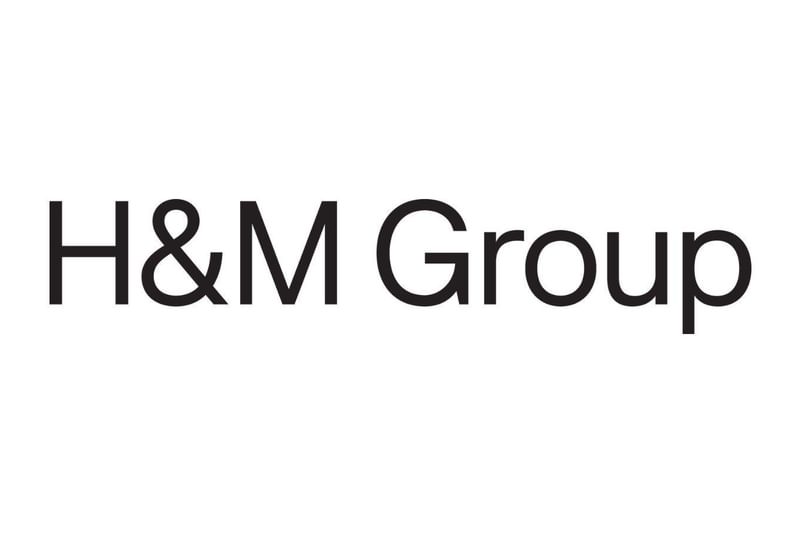
SBTi marks 5500 companies with validated targets as it announces next steps in its transformation
Jun 11th 2024
The SBTi announces key elements of the validation entity’s governance.
The SBTi’s transformation from an initiative to a formal voluntary standard-setter with a separate validation services entity steps up a gear this week as it unveils key elements of the validation entity’s governance. The announcement comes as the number of companies and financial institutions with SBTi-validated science-based targets worldwide hits 5500.
A five-member independent Validation Council has been appointed to oversee decisions within the validation services entity once fully operational. In addition, the SBTi is opening a call for non-executive directors to serve on the validation entity’s Board. Both steps underline the separation between the SBTi’s standard-setting and target validation entities.
SBTi CEO Luiz Amaral said: “When I joined the SBTi, I had two key goals: to enable exponential growth in the adoption of science-based targets and to move the organization from an informal initiative into a formal voluntary standard-setter in its own right. This month, as we hit 5500 validated targets, we see the continued significant growth in all regions of the world, with almost a third (31%) of companies with validated science-based targets now based in Asia.
“On the formalization front, to date we have incorporated the SBTi as a charity in the UK with a subsidiary to house target validation services, registered our trademark, created an independent SBTi Technical Council, introduced a Standard Operating Procedure for the Development of Standards, and established compliance processes.
“Now we move another step forward with the appointment of the independent Validation Council and the call for a Board of Directors for the validation services entity. These are critical steps which will continue the separation between standard-setting and target validation services and help equip the validation services entity to meet the continued momentum from companies and financial institutions worldwide to set climate targets.”
Demand for validation services has risen consistently, with the total number of companies with validated targets doubling again in 2023. This prompted the scale-up of validation services, which increased validation numbers while halving average waiting times.
New Validation Council
The new Validation Council will oversee validation decision-making. The five members were appointed following an open call issued in March 2024.
The members were selected for their verification experience and will serve in an individual capacity. The five members are: Stefan Marinkovic, Elena Schmidt, Ann Smith, Bennett Wetch and Qiuming Xu.
Validation Entity Board of Directors
Once appointed, the Board of Directors of the validation entity will oversee the development of strategic direction and plans, and establish the company’s governance framework, including compliance framework, among other obligations.
The initial three members of the Board will also be responsible for appointing additional members in due course. All members will be appointed for their expertise and in their individual capacities and not as representatives of the organizations that employ them or to which they belong.
Appointments are being managed by specialist recruiters Climate17. More information can be found on the SBTi website.
Major revision of flagship standard and update to financial sector criteria announced
The changes to the validation services entity come as the SBTi’s standard-setting entity continues its work to formalize its standard-setting processes, following the development of a Standard Operating Procedure for the Development of SBTi Standards (SOP).
The SOP ensures that no one group or individual or group has sole decision-making authority over the content of a standard. It is being used for the first time for the revision of the Corporate Net-Zero Standard, which was launched in May 2024. A draft revised standard for public consultation is expected by the end of 2024.
Also in May, the SBTi released an update to its Financial Institutions Near-Term (FINT) criteria, increasing the ambition on temperature alignment, decreasing the scope 1 and 2 target timeframe and introducing additional methods to disclose, halt, transition and phase out financial institutions’ fossil fuel–related activities.
Latest News
View News


